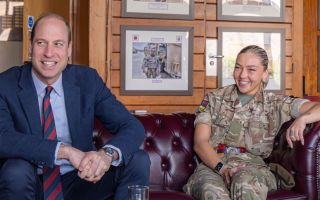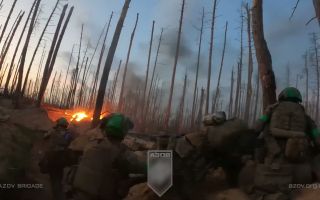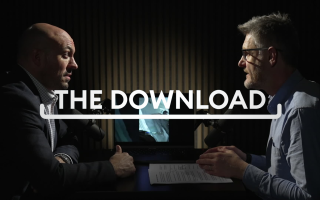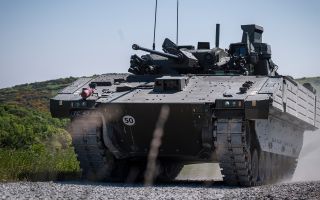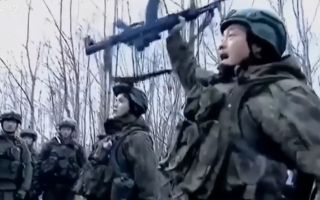From survivor's guilt to compassionate care: How this veteran got to where he is today
How I Got Here is an ongoing series from BFBS Forces News, focusing on the transition from the military to civvy street. We've spoken to veterans whose military careers have come to an end, either by choice or through a life-altering event. As people who have been there and done that, they offer invaluable advice for those considering leaving or who need some support right now.
Warning: Some of the details in the article and video may be upsetting for some readers.
Mercian Regiment combat medic Corporal Ryan Knight was only two weeks away from finishing a seven-month tour in Afghanistan when, in the blink of an eye, it was cruelly cut short.
While taking part in a routine reassurance patrol 17km north of Lashkar Gah in September 2007, two anti-tank mines were detonated under his Land Rover and he was thrown from the vehicle into a ditch and found himself unable to move.
As the only medic on patrol, he was wrecked with guilt over not being able to stabilise the other casualties, but his pelvis had been fractured in several places and his shoulder was broken – there was nothing he could do.
Surrounded by chaos as small arms fire came in, the corporal was desperate to know the status of the gunner, driver and interpreter he had shared his vehicle with.
It was only once he woke up at the ISAF medical facility at Camp Bastion that he learned he was the sole survivor.
Eventually, after 12 months of physical and psychological rehabilitation, the soldier was medically discharged due to complex PTSD.
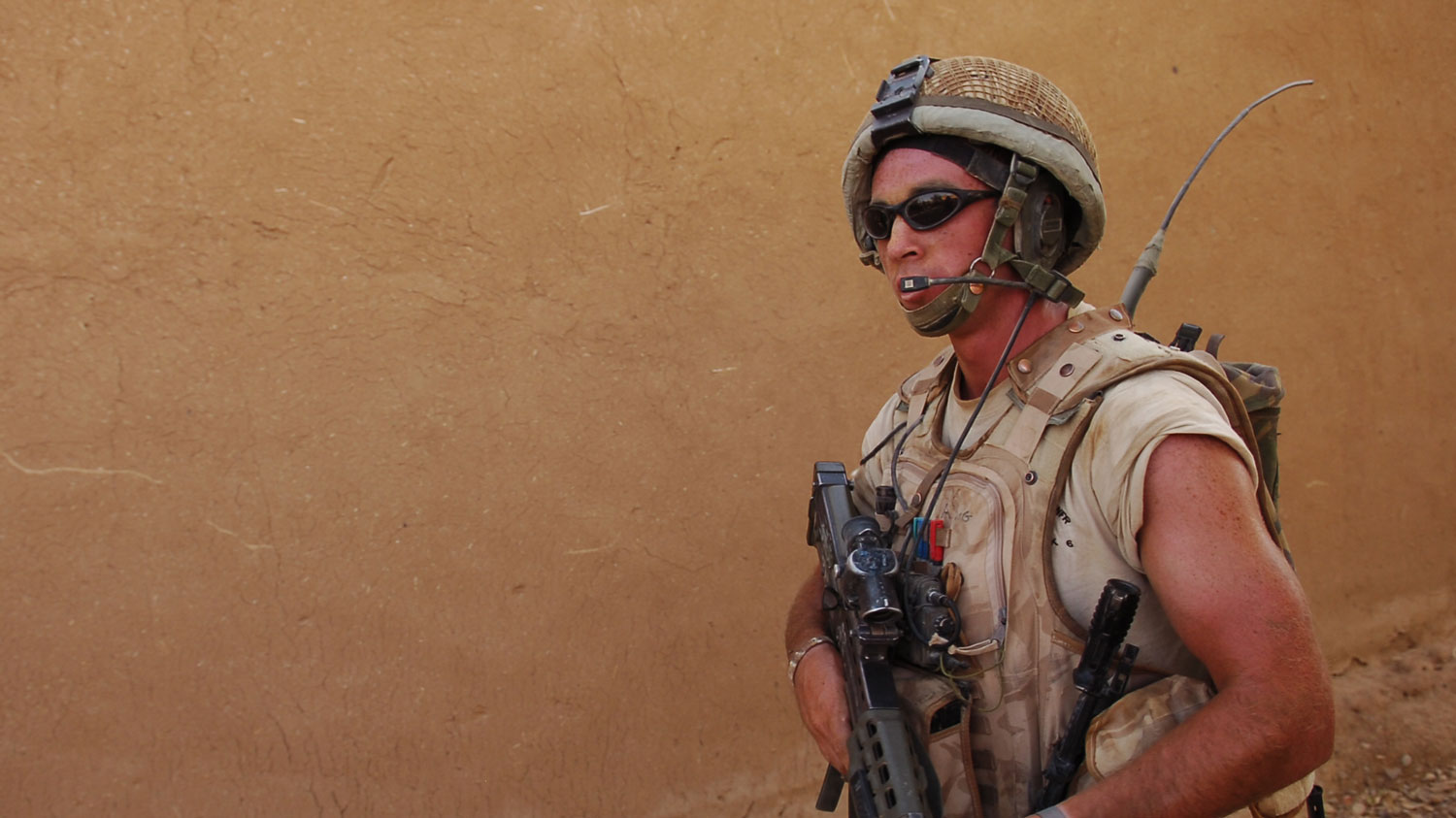
Speaking to BFBS Forces News, he said: "What I didn't really expect is the understanding of survivor's guilt and how that can continue to creep up on you as the years go on.
"With the work I do today, a lot of my beneficiaries are struggling with vicarious trauma or moral injury."
Now working on civvy street, Mr Knight is a Care Coordinator for Walking With The Wounded, a military charity very close to his heart – but how did he get here?
Reach out if you need help
"Trauma manifests itself in lots of different ways, but there will come a point where you're not doing very well, and that's a time when you need help."
Passionate about doing all he can to support veterans who are struggling, the veteran has spent the past six months working with Walking With The Wounded, a charity that works closely with veterans who are mentally, physically or socially wounded.
Last year, the charity spent 48,000 hours face to face with their beneficiaries, partly because they see social isolation as a big risk to the veteran community.
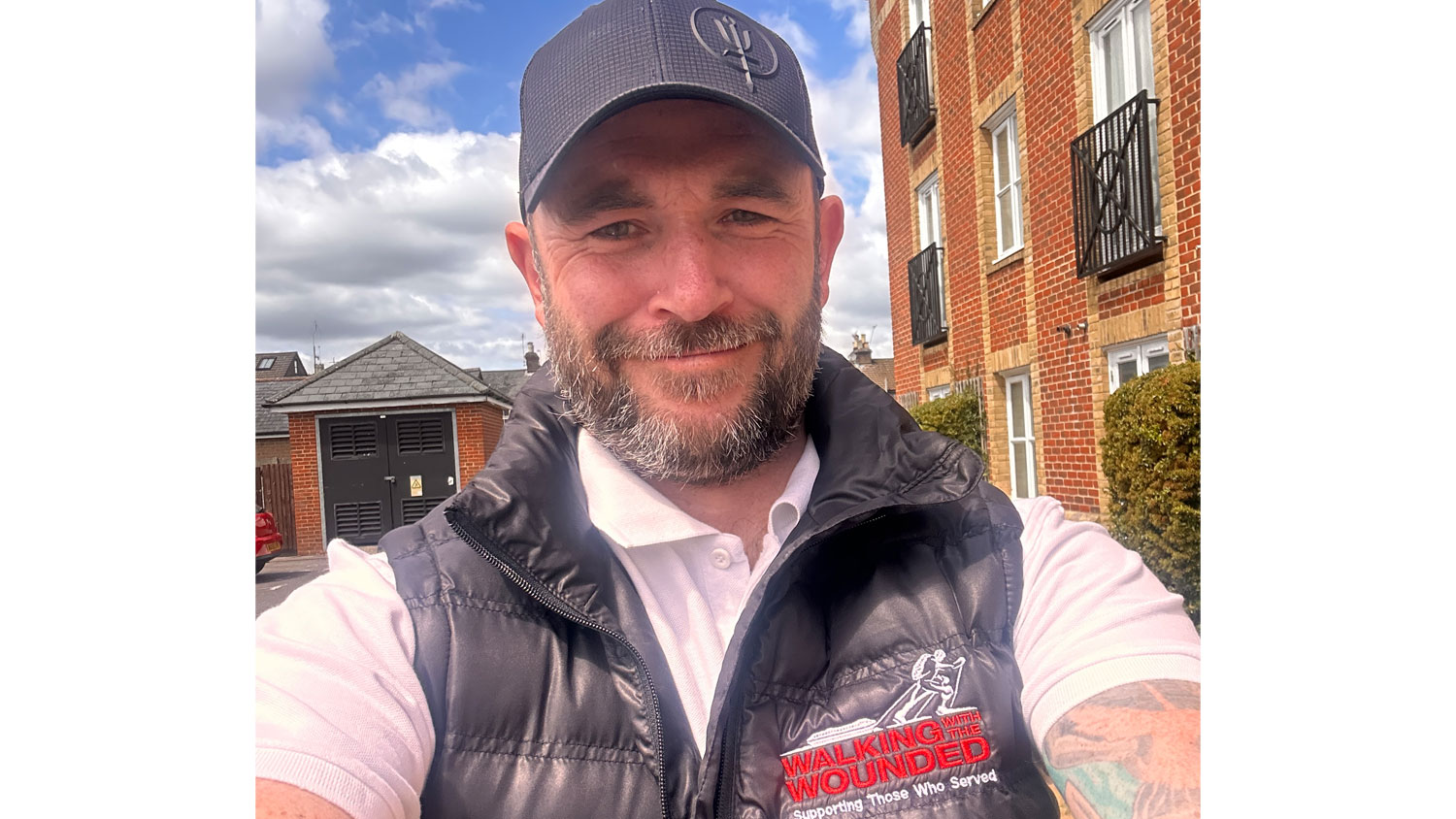
He said: "We know they're out there... but they either don't know how to get help, they're not ready for help or they're scared – all of those things are very natural and we get it."
That was the exact situation Mr Knight found himself in once he'd left the military and was on civvy street.
A fresh start
Before joining the military at 16, Mr Knight was selling leather jackets during the day and shredding ducks in a Chinese restaurant at night.
He didn't have any GCSEs but was desperate to join the Royal Army Medical Corps and start a new life.
After extensive training, he joined an infantry battalion a week after his 18th birthday as their medic for a six-month tour in Iraq.
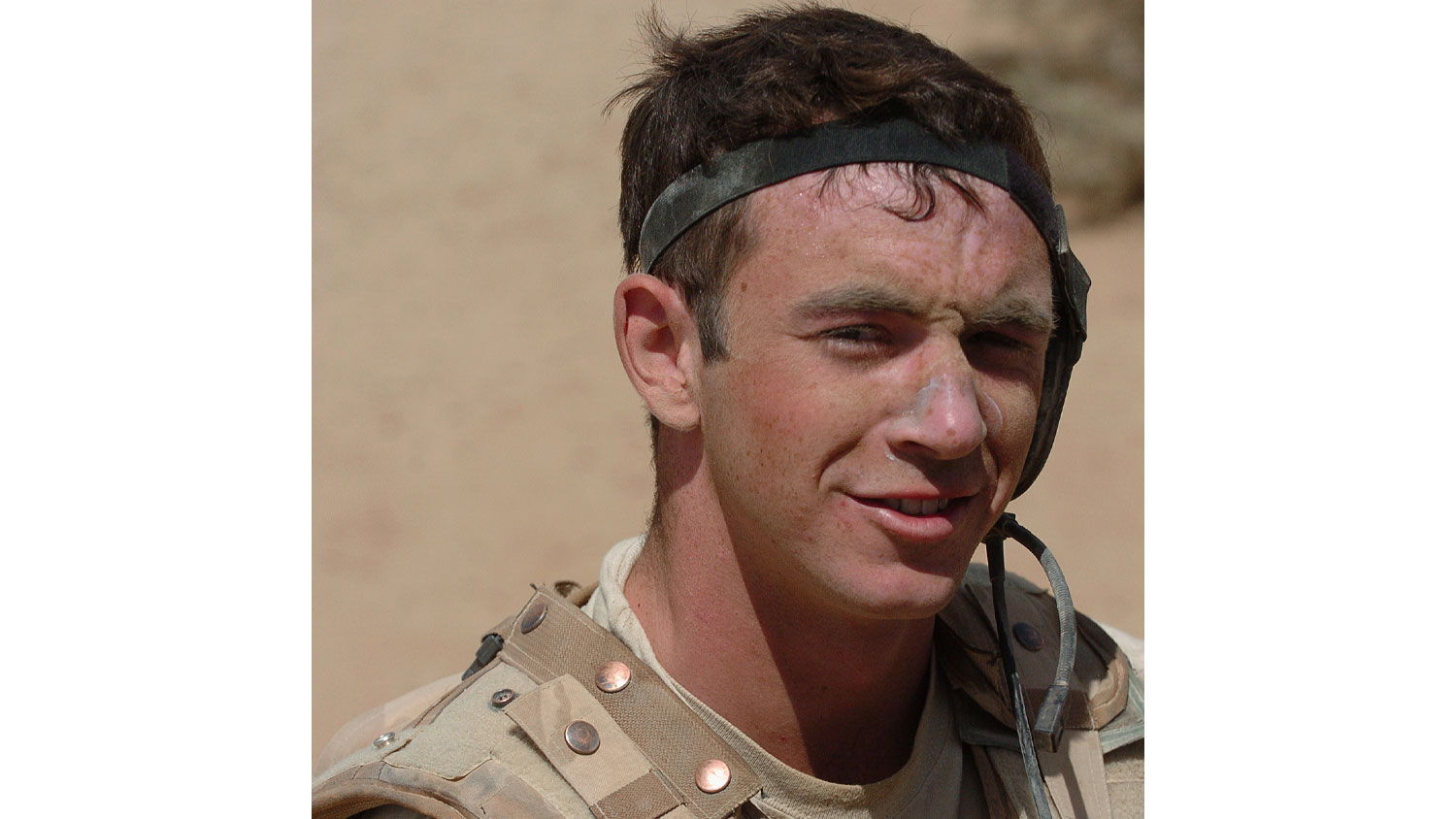
He was initially thrilled, but describes Op Telic as an "eye opener" as his medical skills were certainly tested.
After that tour, Mr Knight realised he couldn't be "someone that sits around" so volunteered for anything he could – medical covers for the Airborne Brigade, humanitarian work and various operational tours.
And then he was deployed to Afghanistan, where, in 2007, his whole life was turned upside down.
Still healing and learning
After the blast, he returned to the UK feeling "pure anger and disgruntlement" as he could no longer perform his duties due to his severe injuries and was struggling with survivor's guilt.
He said: "I remember at the time making really poor decisions because I was so angry that I didn't engage with some of the therapy.
"I was focused on my physical ailments, and I was quite resistant to mental health support."
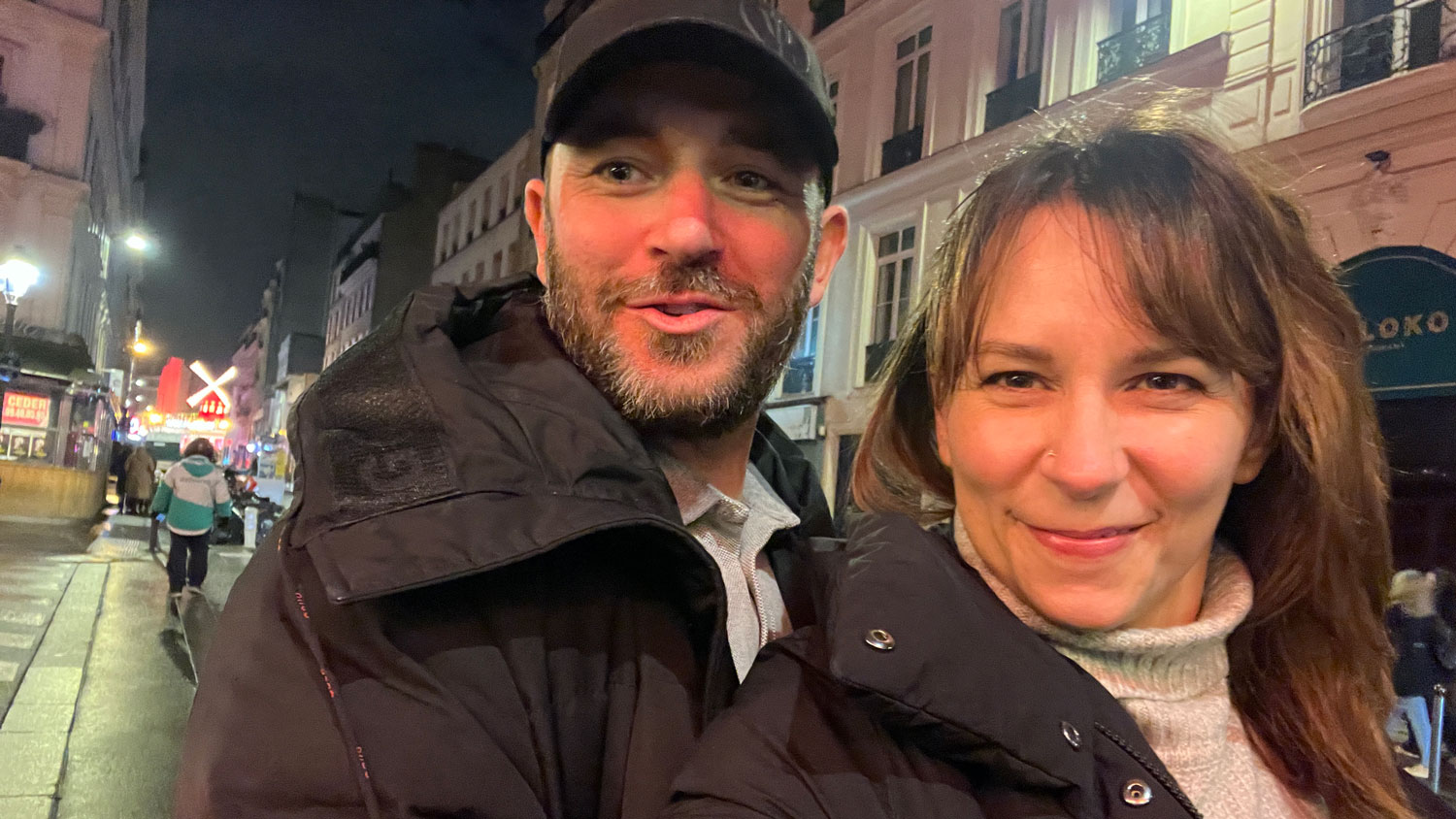
Once he left the British Army, he wanted nothing to do with the military, so decided to move to Australia with his wife Olivia.
He said: "My wife, Olivia, stuck by me through every step of the journey and has always encouraged me to get support.
"But, if you're a smoker and someone is saying, 'please quit smoking...' until you're ready to give up smoking, it's not going to be a good outcome."
Eventually, he started talking to a therapist as he noticed in himself that things weren't quite right.
After returning to the UK in 2019, he began having suicidal thoughts and understands now that he should have asked for help earlier – something he hopes other veterans would do.
He said: "I got to the point where I needed help because I wasn't shaking those ideations off as easy as I was previously.
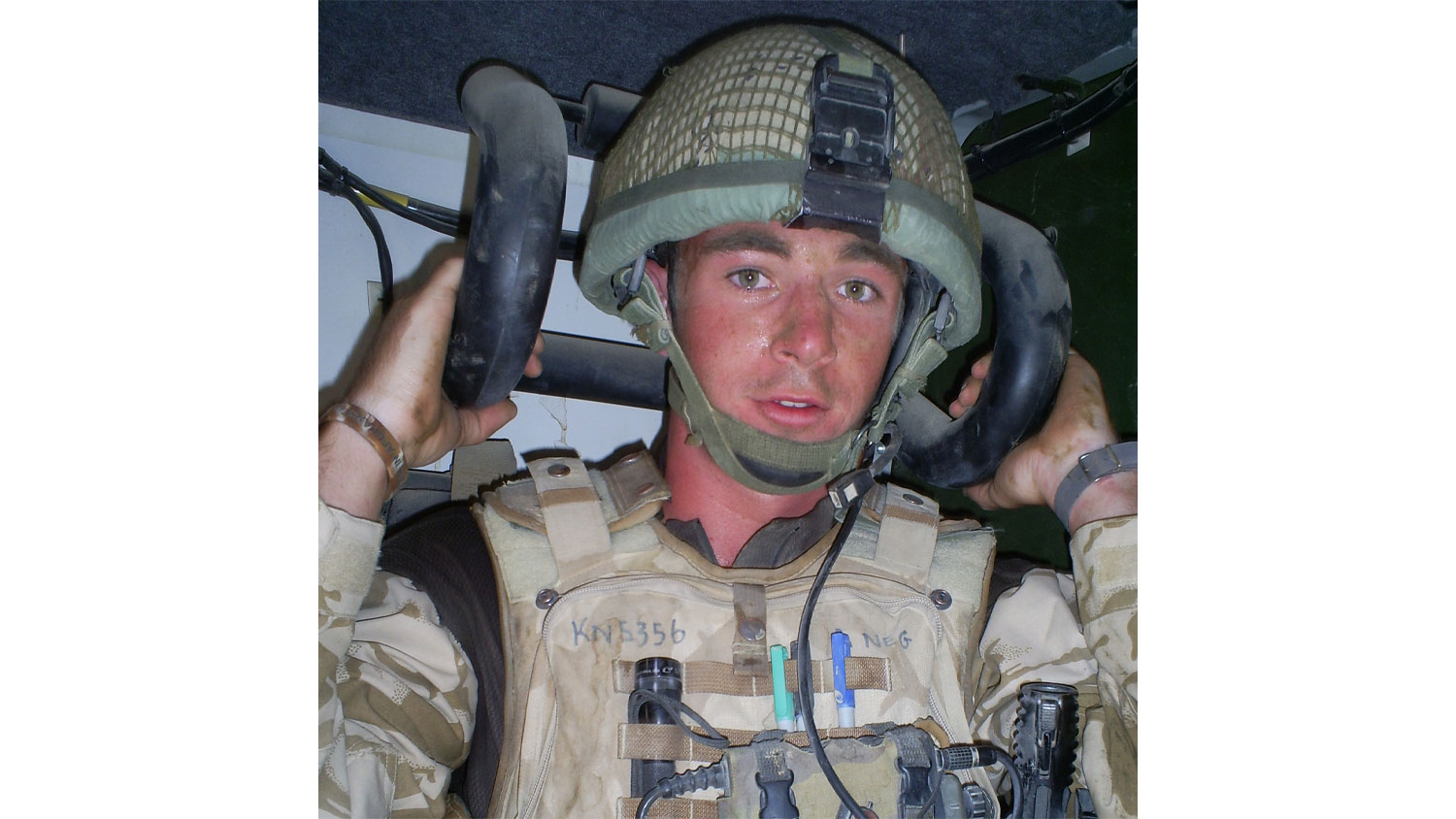
"They're very easy to creep into anyone's psyche [who] has lived with PTSD for a long period of time.
"But everyone will have their... breaking point, right?
"On my caseload, I've got colonels through to privates who didn't finish basic training. It doesn't matter.
"[Suicide] doesn't discriminate."
A moment of realisation
Mr Knight discovered that the hardest moment for him was asking for help.
While living in Australia, he hadn't had any involvement with the military community whatsoever, so reaching out to Walking With The Wounded for help was a real turning point for him.
He revealed he had been struggling for several years, was unable to hold down a job and was not managing his stress, all of which created problems in his relationships with loved ones.
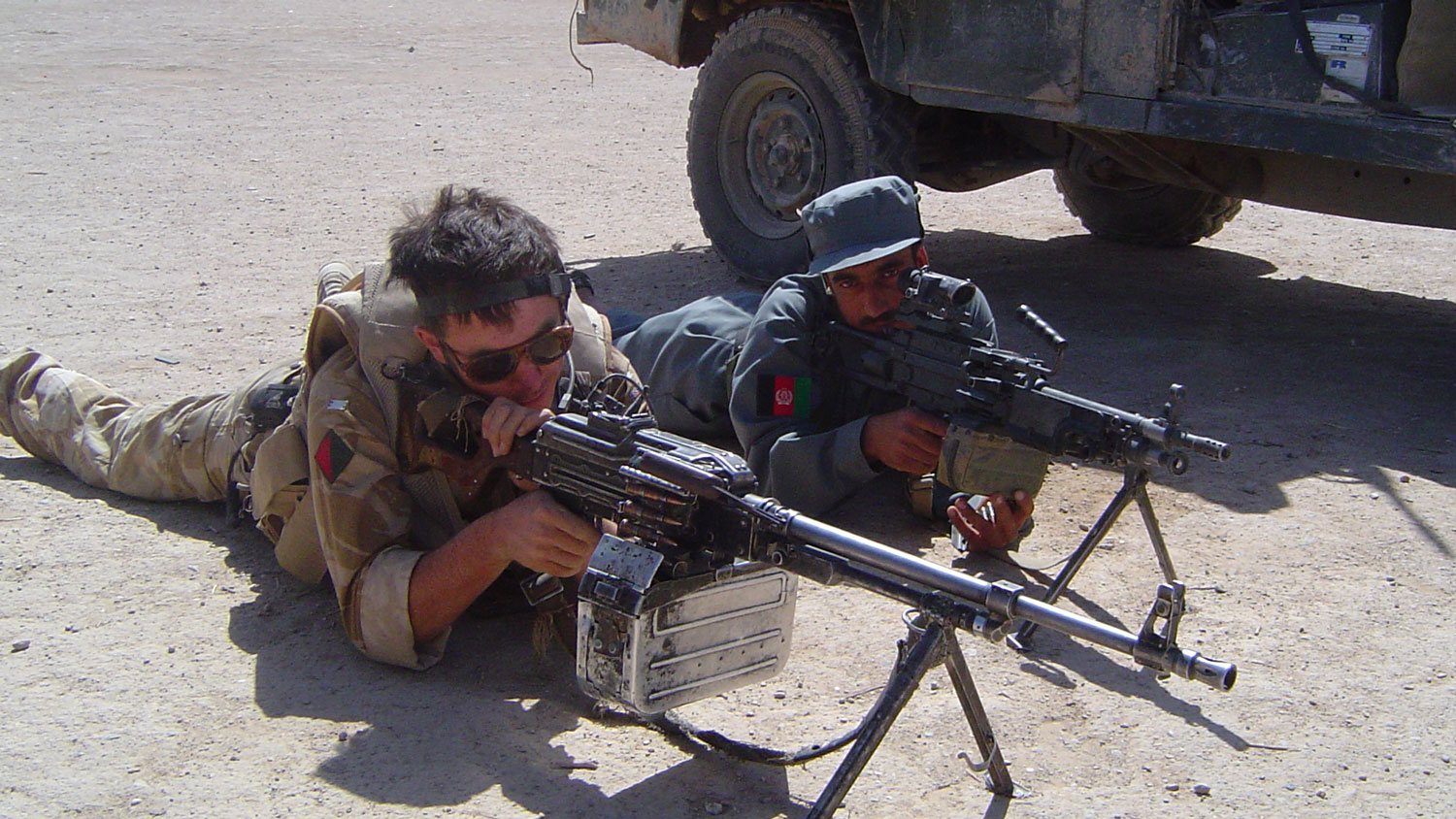
"Clearly now, in hindsight, all the signs of post-traumatic stress that I needed support with," he said.
Walking With The Wounded supported him with therapy and helped him return to work at a different charity.
He wholeheartedly believes there is an important stage for veterans to reach before they can take the next step towards success on civvy street.
He said: "You coming to terms with however your military career has finished – whether you made that decision or it was made for you, simple as that.
"When you come to terms with that and you've processed that, then that's when I believe you're going to make the best advances."
However, he admits he made mistakes.
It's time to earn your crust
Looking back on his transition to civvy street, Mr Knight says he was overly ambitious and applied for jobs he wasn't qualified for.
He says using less military-focused language on your CV will help a civilian employer understand your skills better and how they can benefit the company.
In addition, he recommends veterans take advantage of any employment support they are offered, as they can take your basic CV and turn it into something palatable for future employers and educate you on the dos and don'ts of basic interview skills.
He said: "I think that military personnel make wonderful employees for many industries, but it's not a given that you should go in and demand the management role straight away. I think you have to earn your crust again."
Mr Knight also wants veterans to take the time to think about what is important to them moving forward.
Whether you're in the military or a civilian, many of us are always chasing the next rung on the career ladder.
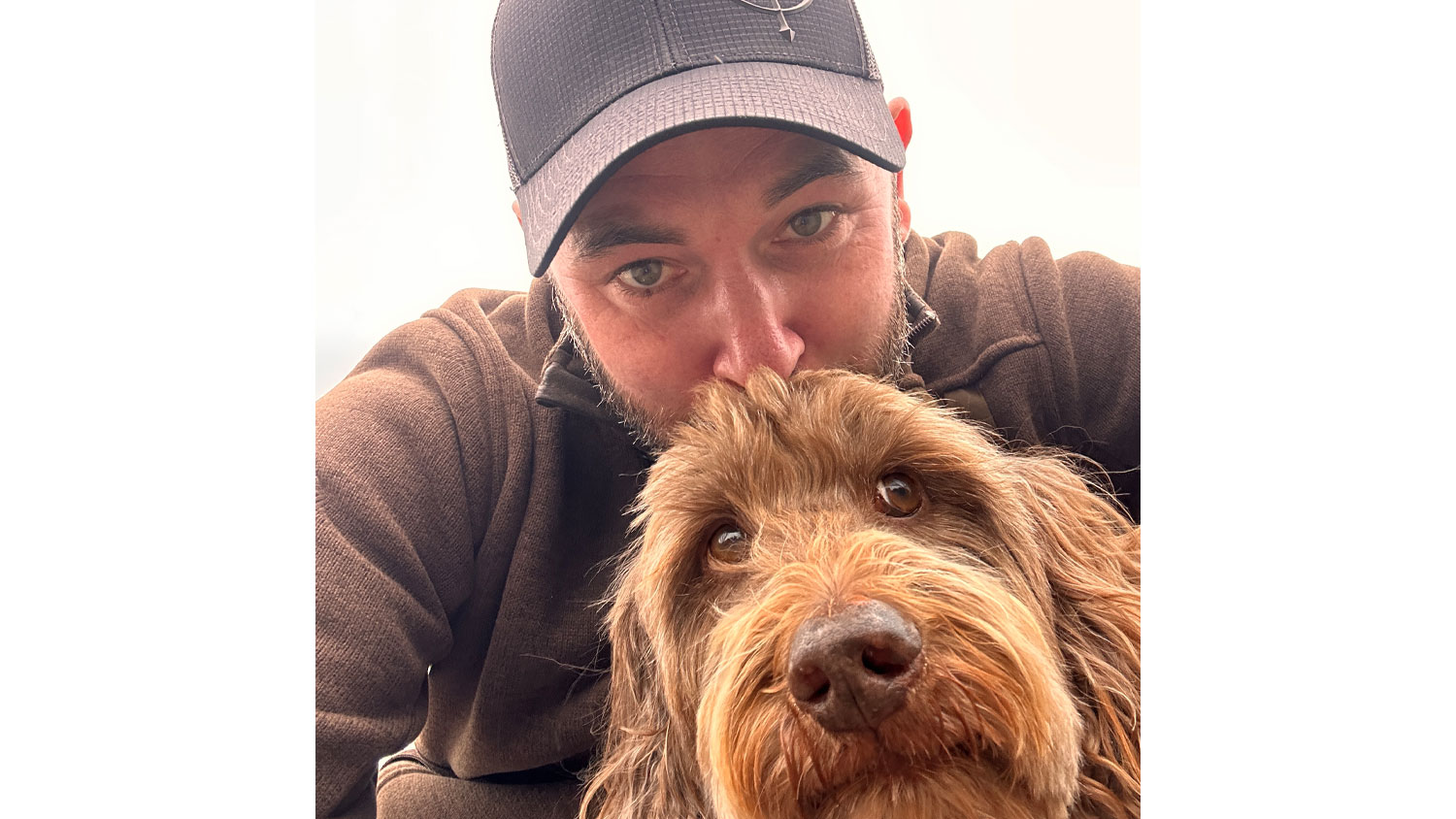
He said: "We all have to get to a point where we need to question our priorities [and ask] what is important to me?"
Another piece of advice is to take time to invest in yourself.
Getting the appropriate training will help you enter a civilian workplace feeling more confident and that can be invaluable.
He said: "You have to take that time and if you decide to work with Walking With The Wounded, they'll nurse you through that process."
If you think Walking With The Wounded might be able to help you, visit www.walkingwiththewounded.org.uk/ask-for-help.
Want to help?
This December, you can take part in the annual Walking Home For Christmas campaign.
With no minimum distance to complete and no set fundraising target, you can take on this festive sponsored walk with family, friends or colleagues, all for a great cause www.walking-home.walkingwiththewounded.org.uk


